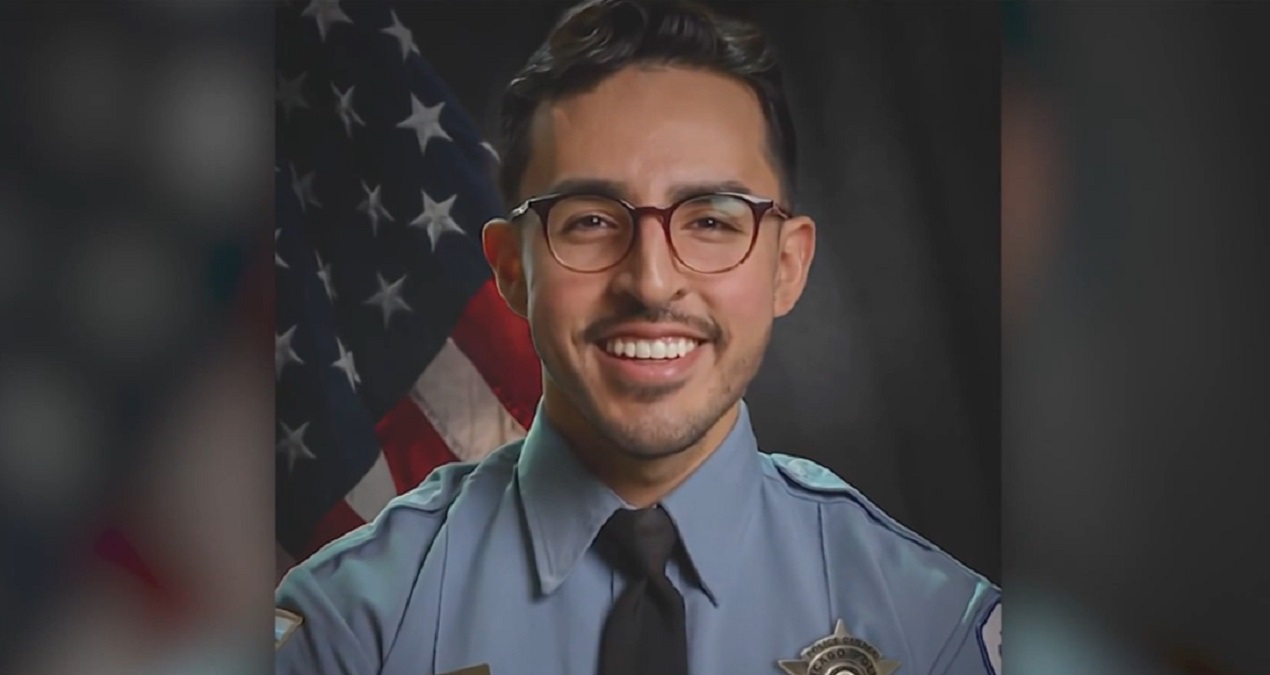We all go into business for ourselves because we want to make schooners-full of cashola, right? Even if your intentions are noble, at the end of the day, you're hoping for a big payday. But what happens when you get it? Do you know what to do, say, if you make a million dollars in a year after starting your new business?
It isn't impossible. Tyler Masterson, founder and CEO of NewHealth Solutions, found himself and his Chicago-based company in that very position after being founded in 2010. NewHealth is a supplier of a weight-loss supplement that was fortunate enough to be mentioned in Tim Ferriss' best-selling book "The 4-Hour Body." Anyway, fast-forward to 2012, and Masterson and his small business have come into sizable profits. I gave him a call to find out how he'd advise others to also be that lucky and what to do with the moolah.
What advice can you offer to people with new companies to get to a million in revenue?
One of the big key things for growing very rapidly is finding a large undiscovered market that you can get in front of. I see my success in the business similar to getting in front of a large wave that's coming. If you have an opportunistic eye and you spot an opportunity, basically, being the first to get there. Being posed and positioned to ride the wave for as long as possible.
The way that NewHealth Solutions started was with our key product pAGG supplement system, and the wave that was forming was a best-selling book that came out that we got in front of. We had a product that people who were reading the book were going to come looking for it once it totally ramped up to speed. After the author was on the talk-show circuit and did all of his marketing efforts, we were in position to benefit from that as well. If you boil that down, that would be being positioned well for an undiscovered, untapped market.
How have you figured out what to spend of that million on marketing or whatever while still being careful?
I think one of the important things to recognize is that there are some products that are exclusive and some products that are commodity products. In this case, our product is a little bit of a blend because there are other pAGG vendors out there. One of the things that I decided to do was do some research on how commodity products differentiate themselves -- that's one of the things that they do, is build the brand. You have to build the brand and build the brand story. What I was able to do was re-invest in our clients.
Local
One of the things we maintain a priority of doing is staying close to our client and gathering testimonials of their success with the product. One of the ways that we've done this is we sponsored a show called Put Your Money Where Your Mouth is on NBC TV. And so this was a show produced by a best-selling author named Andrea Metcalf. And basically we sponsored an individual named Craig who, within the first 10 weeks of the show, he has a diet and exercise routine and supplementation -- his has become a success story as well. He lost over 50 pounds in the first 10 weeks. And he's on his way to transforming his whole life through that show. So that's a social proof example. It's a brand-building example. It also shows that if people are doing something on TV it becomes more believable from a marketing perspective.
How do you know how aggressive you should be with that much money?
I've decided to scale up and scale down the marketing spend with the revenue. I pretty much set myself a marketing budget as a percentage of revenue as a benchmark. And then if I make large marketing investments I consider them investments. Sponsoring the show would've blown the marketing benchmark but if you consider those as an investment in brand equity, that's how I approached that.
Do you have an advisor on any of this, or are you just trusting your gut?
So far this has been all my gut. I think one of the reasons I've been successful is I've had an ability to have a good gut feel for certain things. That's not to say that I haven't made some mistakes as well.
Like what?
I did a couple press releases and some of them have gotten me success and some of them have led to mistakes. For instance, I did a press release on the cover of Women's World magazine that our brand achieved. The magazine actually read, "at last, the diet-pill miracle you've been praying for." So, that's a huge success. A reporter came in and did a story on one of our client testimonials that we had on the website. As I was wrapped into that success I released another press release and it was picked up by Home Shopping Network. So we decided to make an investment in a commercial and we didn't get the revenues return from that as we would have expected. The momentum of success led us to get a little bit ahead ourselves from a marketing spend perspective. I would say to take emotion out of all business decisions and that's been a guiding principle.

David Wolinsky is a freelance writer and a lifelong Chicagoan. In addition to currently serving as an interviewer-writer for Adult Swim, he's also a columnist for EGM. He was the Chicago city editor for The Onion A.V. Club where he provided in-depth daily coverage of this city's bustling arts/entertainment scene for half a decade. When not playing video games for work he's thinking of dashing out to Chicago Diner, Pizano's, or Yummy Yummy. His first career aspirations were to be a game-show host.



